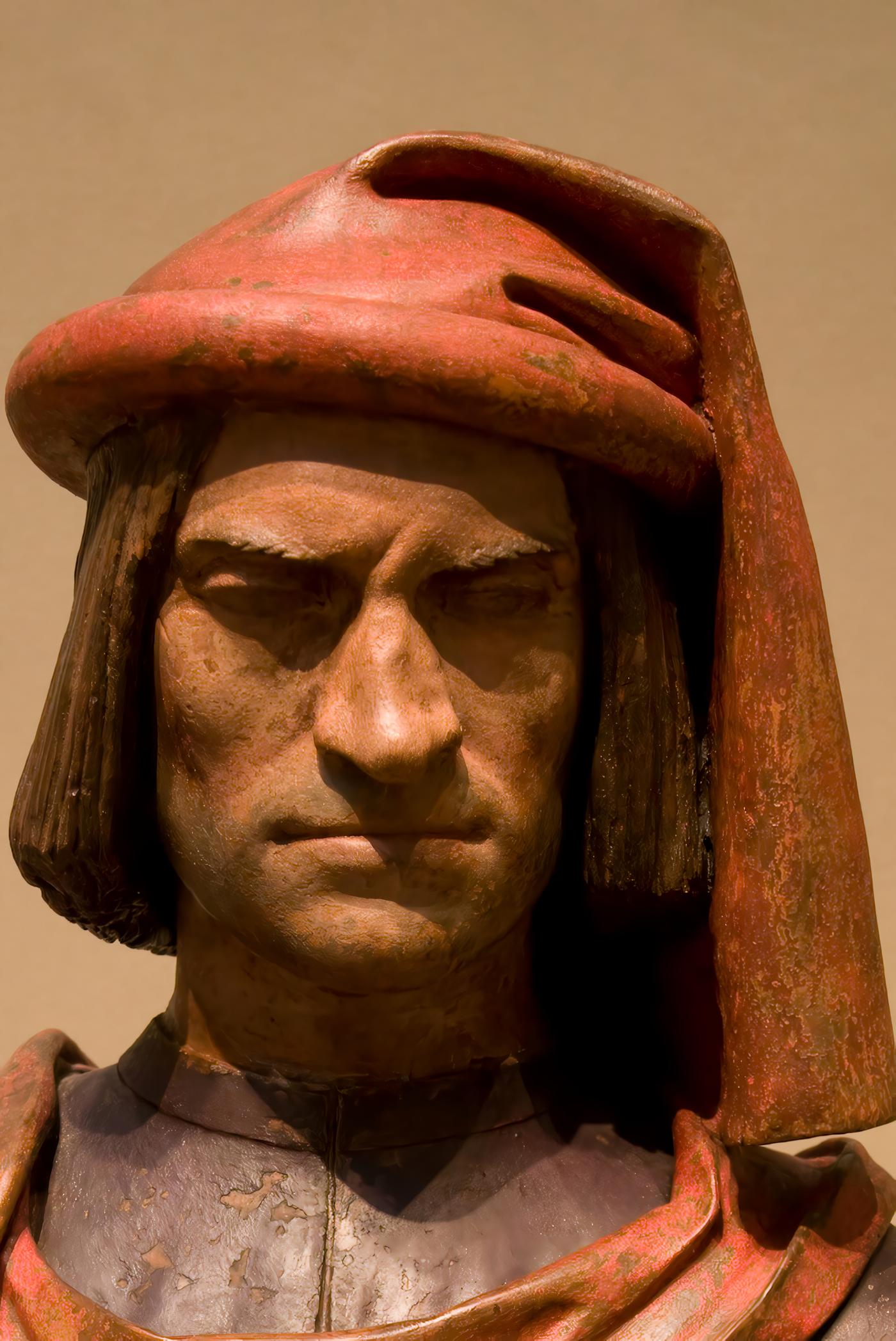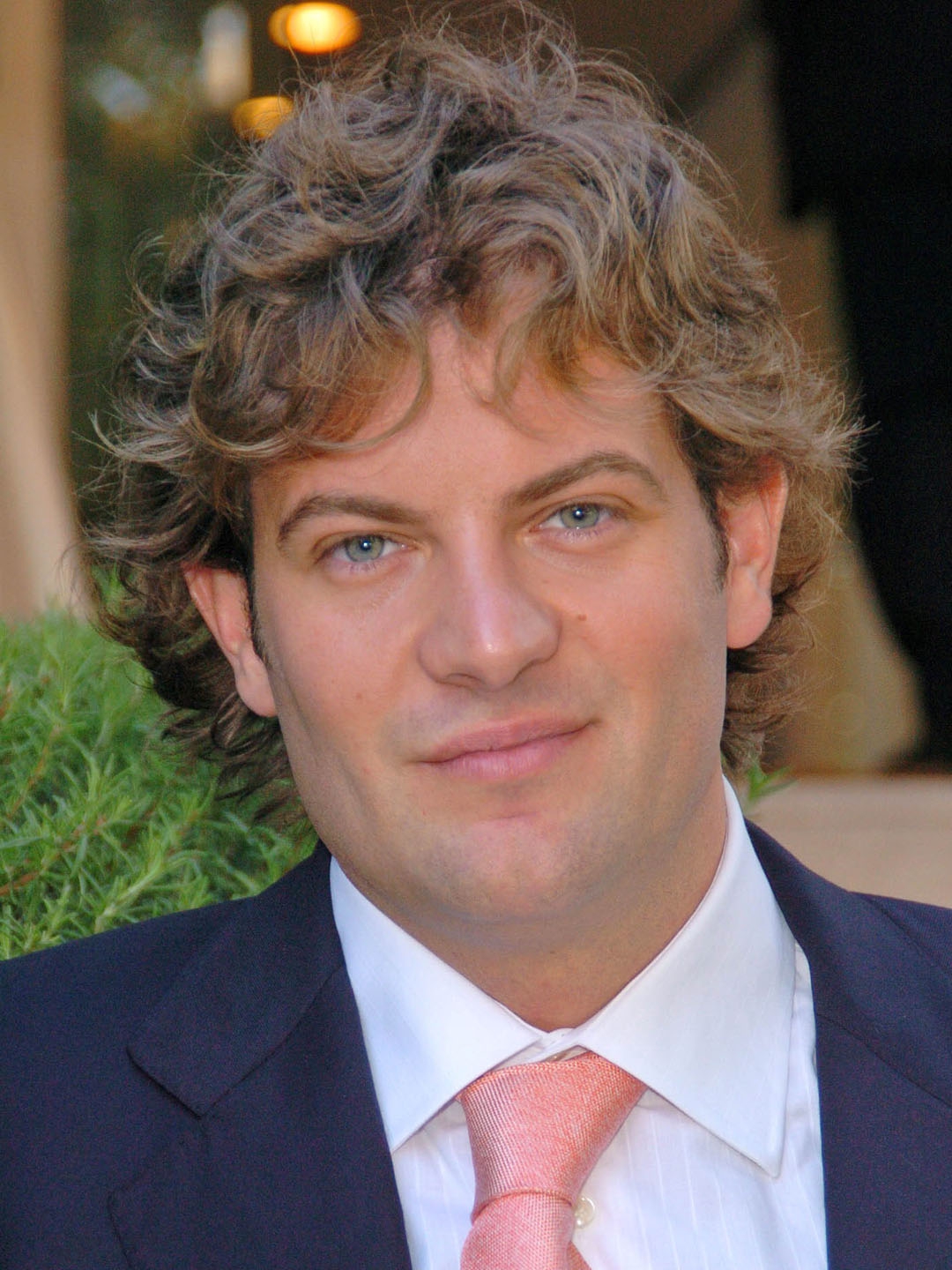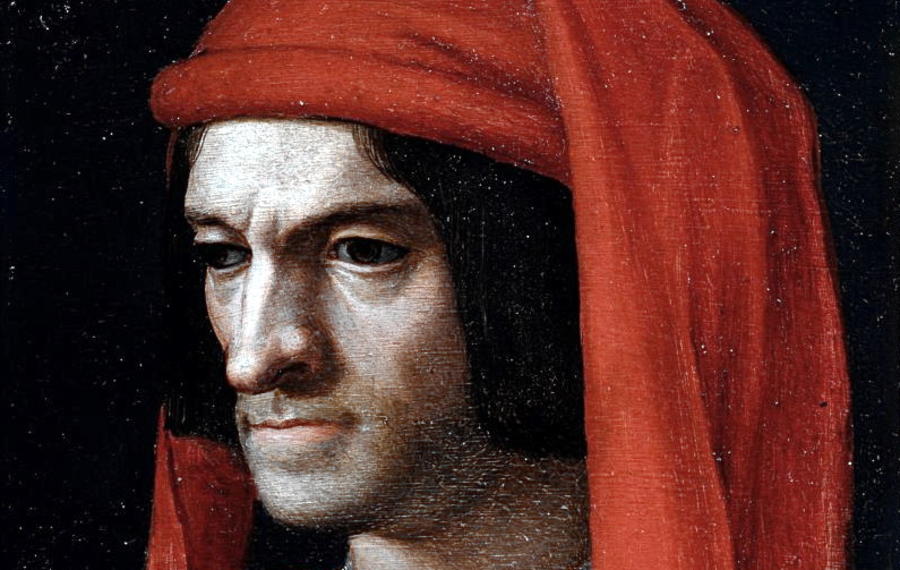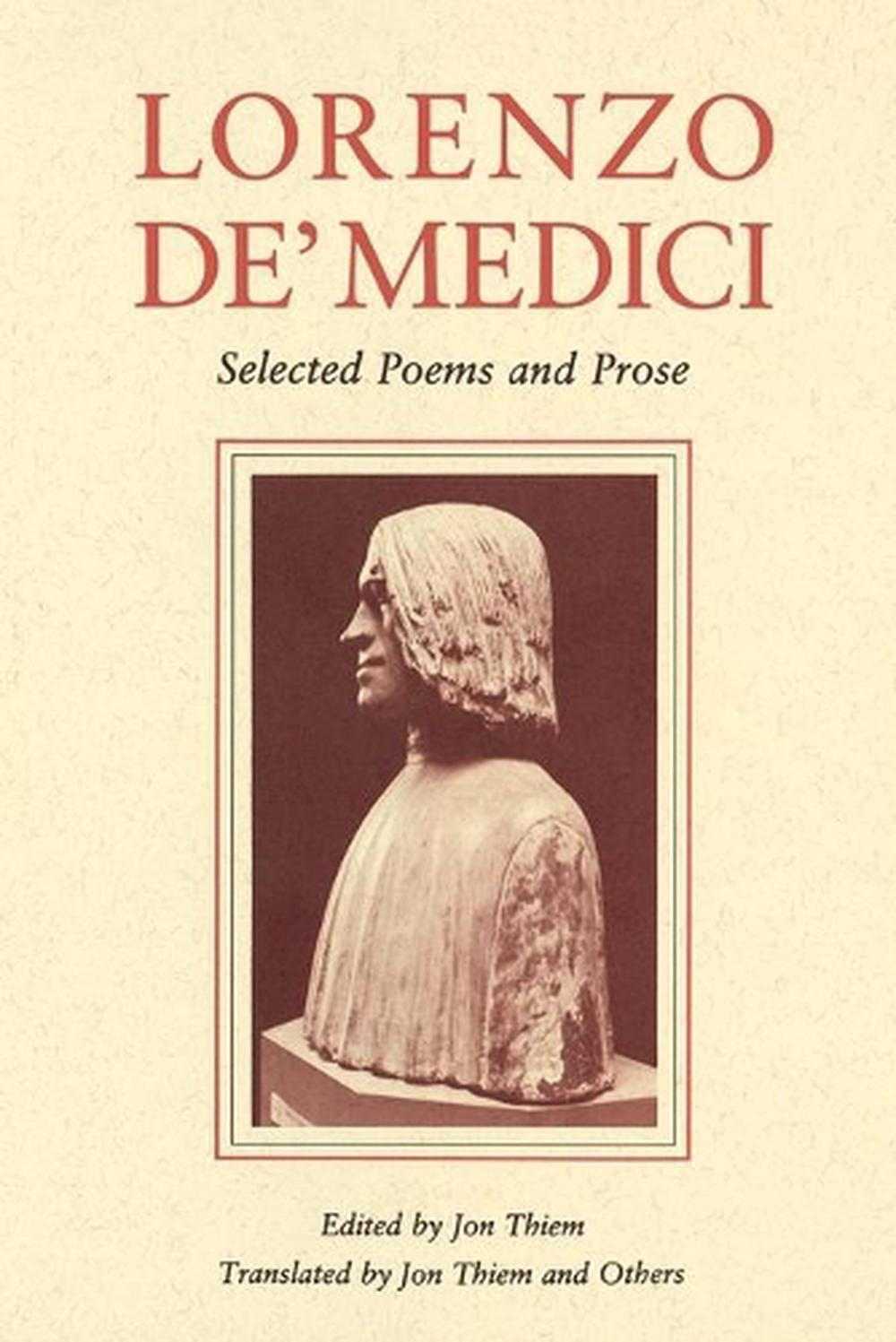
medici lorenzo cosimo clarice florence daniel icon mediciicon
Lorenzo de' Medici was born in Florence in 1449 to Lucrezia Tornabuoni and Piero de' Medici. His grandfather Cosimo was the founder of the political power of the Medici¹ and was also much interested in culture and education. Among other things he established a library in San Marco, which was to be at the disposal of anyone who needed it.

La poesia Trionfo di Bacco e Arianna (Lorenzo de' Medici) recitata da
Medici, Lorenzo de', 1449-1492 -- Translations into English, Medici, Lorenzo de', 1449-1492, Medici, Lorenzo de', 1449-1492 -- Translations into English Publisher University Park, Pa. : Pennsylvania State University Press Collection inlibrary; printdisabled; marygrovecollege; internetarchivebooks; americana Contributor Internet Archive Language.

Poesie Lorenzo de' Medici Libro Usato Barbera, Bianchi e C. IBS
Lorenzo de&'Medici (1449-92) was the ruler of Florence and the principal statesman of his time. A contemporary of Columbus, Lorenzo is hardly known in the English-speaking world as a major Quattrocento writer, author of a large and varied body of poetry as well as an important literary treatise. His poetry and patronage were instrumental in.
Dedica a Lorenzo De Medici Appunti di letteratura italiana
Poesie di Lorenzo de' Medici by Medici, Lorenzo de' 1449-1492. Publication date 1859 Usage Public Domain Mark 1.0 Topics bub_upload Publisher Firenze Barbèra, Bianchi e comp Collection europeanlibraries Digitizing sponsor Google Book from the collections of National Central Library of Rome

Storia Di Lorenzo De Medici natsuwling
Lorenzo di Piero de' Medici ( Italian: [loˈrɛntso de ˈmɛːditʃi] ), known as Lorenzo the Magnificent ( Italian: Lorenzo il Magnifico; 1 January 1449 - 8 April 1492), [2] was an Italian statesman, banker, de facto ruler of the Florentine Republic, and the most powerful and enthusiastic patron of Renaissance culture in Italy.

"Dante nella poesia di Lorenzo De' Medici" di Dario Pisano
Lorenzo il Magnifico de' Medici was the head of the ruling political party at the apogee of the golden age of Quattrocento Florence. Born in 1449, his life was shaped by privilege and responsibility, and his deeds as a statesman were legendary even while he lived. At his death he was master of the largest and most famous private palace in Florence, a building crammed full of the household.

Lorenzo De Medici I Medici 2 II Renaissance YouTube
A lecture by author Lydia Ugolini about the poetry written by Renaissance ruler and patron of the arts, Lorenzo de' Medici, given the title "the Magnificent" by the people of Florence, Italy. Location: Florence, Italy Camerata dei Poeti Date: 1985 Running time: 52:08 minutes

Commento “Canzone di Bacco” Lorenzo de’ Medici Docsity
Poesie di Lorenzo de' Medici poesie d'autore poesie di Lorenzo de' Medici Poesie di Lorenzo de' Medici Ti piace Lorenzo de' Medici? Il trionfo di Bacco e Arianna Quant'è bella giovinezza che si fugge tuttavia! Chi vuol essere lieto, sia: di doman non c'è certezza. Quest'è Bacco e Arianna, belli, e l'un dell'altro ardenti:

Online Essay Help amazonia.fiocruz.br
Il lamento di Corinto( Corinto, 1-87; 139-193) Protagonista di quest'egloga di argomento "bucolico" è il pastore Corinto, che si strugge d'amore per la bella ninfa Galatea (che non ricambia i suoi sentimenti, essendo votata al culto della casta dea Diana) e si abbandona a un lamento amoroso in cui dà sfogo alla propria pena, rifacendosi a una.

Poesie by Lorenzo de' Medici
Poesie di Lorenzo de Medici Lorenzo de Medici: l'impegno come mecenate Gli ultimi anni Morte di Lorenzo de Medici I Medici e Galileo Galilei Ascolta il podcast su Lorenzo il.

Lorenzo de' Medici Movies & TV Shows The Roku Channel Roku
suggested the story to Lorenzo or if, rather, he commissioned the carving to illustrate his own poem. Poliziano also wrote a poem en titled Ambra, in which he celebrates the Medici villa 'mei Laurentis amor' (v. 518), but neither refers to Lorenzo's poem, nor gives Lorenzo's version of the Ambra story. It is the third Sylva, read by

Lorenzo il Magnifico l'amore per la poesia e l'impegno politico
Se tu sapessi, Nencia, el grande amore. ch'i' porto a' tuo begli occhi tralucenti, e la pena ch'i' sento, e 'l gran dolore. che par che mi si svèglin tutt'i denti, se tu 'l pensasse, te creperre' el cuore, e lasceresti gli altri tuo serventi, e ameresti solo el tuo Vallera, che se' colei che 'l mie cuor disidèra. 12.

Lorenzo De' Medici Il Trionfo di Bacco e di Arianna Lorenzo de
Lorenzo de' Medici (1 January 1449 - 9 April 1492) was an Italian statesman and ruler of the Florentine Republic during the Italian Renaissance. Known as Lorenzo the Magnificent (Lorenzo il Magnifico) by contemporary Florentines, he was a diplomat, politician and patron of scholars, artists, and poets. He is perhaps best known for his.

Lorenzo De Medici Quote / The Complete Literary Works Of Lorenzo De
Poesie di Lorenzo de' Medici 03 Marzo 2022 Il sole splende piú fulgido, temendo non sia superato dal chiarore degli occhi della sua donna di Lorenzo de' Medici Leggi tutto. Anche il sole resta stupefatto nell'ammirare la bellezza della sua donna di Lorenzo de' Medici Dettagli Lorenzo de' Medici Categoria principale: Poeti Classici

viaLibri Poesie volgari, nuovamente stampate, di Lorenzo de'Medici.
Lorenzo de Medici (1449-1492) was the ruler of Florence and the principal statesman of his time. A contemporary of Columbus, Lorenzo is hardly known in the English-speaking world as a major writer, author of a large and varied body of poetry as well as an important literary treatise. His poetry and patronage were instrumental in renewing the.

Lorenzo de Medici Selected Poems and Prose by Lorenzo De' Medici
Lorenzo de'Medici (1449-92) was the ruler of Florence and the principal statesman of his time. A contemporary of Columbus, Lorenzo is hardly known in the English-speaking world as a major Quattrocento writer, author of a large and varied body of poetry as well as an important literary treatise. His poetry and patronage were instrumental in.